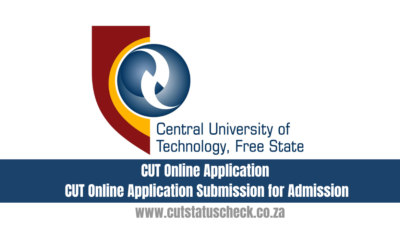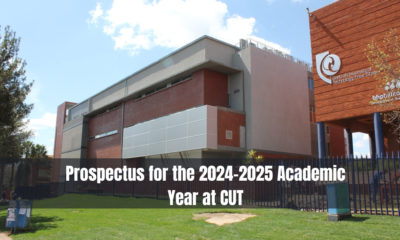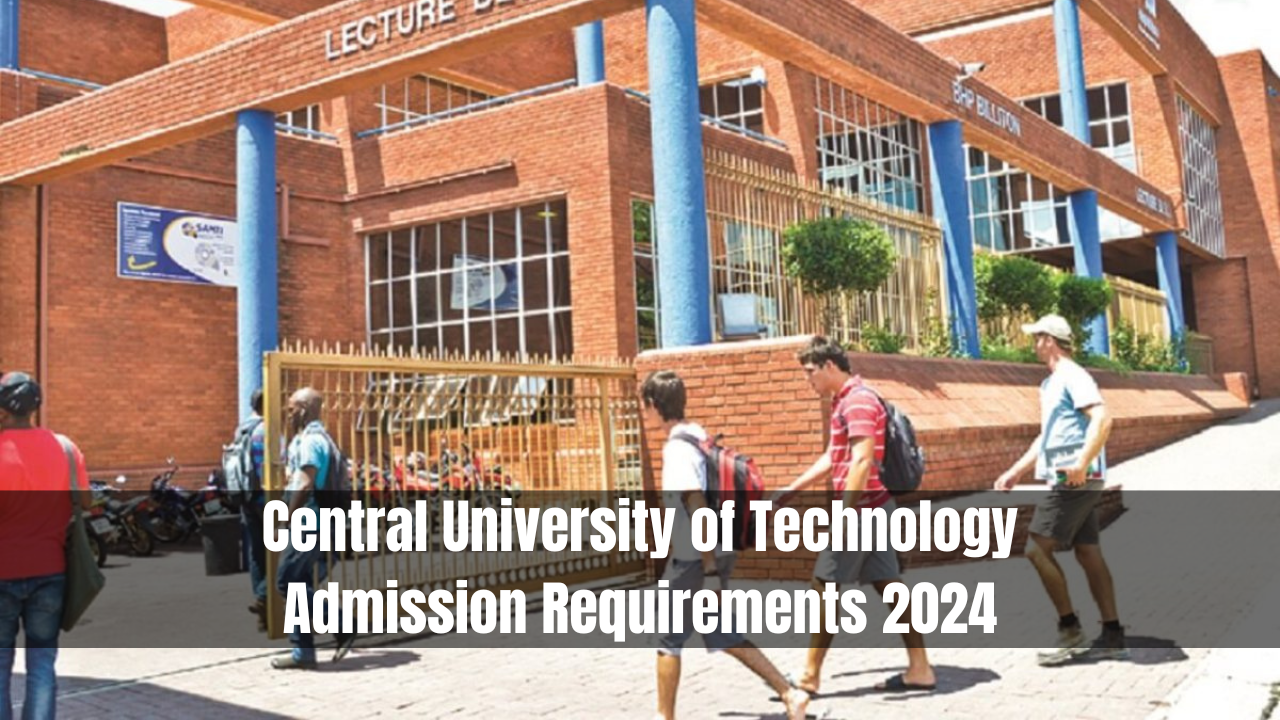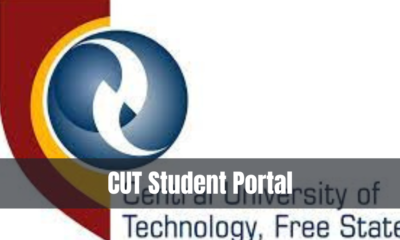CUT News
E-waste Education for CUT Community

E-waste Education for CUT Community. On 09 March 2024, the Central University of Technology (CUT) hosted a public lecture focused on e-waste management. The event aimed to educate and inform the CUT community about the best practices for disposing of e-waste and contributing to a cleaner and greener environment.
E-waste, or electronic waste, is becoming an increasingly critical issue due to the rising quantities of complex end-of-life electronic equipment being generated.
Read Also: Cut Status Check Online
What is E-Waste ?
E-waste refers to broken or unwanted electrical or electronic devices and peripherals, including computers, monitors, printers, batteries, mobile phones, televisions, and lamps. These devices are destined for reuse, resale, salvage, recycling, or disposal. Mismanagement of e-waste can lead to adverse human health effects and environmental pollution, as there are more than 1,000 different harmful materials present in e-waste products.
Importance of Proper Disposal
Prof. Alfred Ngowi, Acting DVC: Research, Innovation, and Engagements at CUT, highlighted the importance of responsible e-waste disposal. He emphasized that recycling e-waste is not only a viable solution to eliminate harmful effects but also a sound business proposition. Disposal of e-waste is a specialized field, and proper disposal methods are crucial to prevent environmental contamination.
CUT Expert Insights
During the lecture, Ms. Ulze van Wyk, Managing Director of Africa e-Waste Solutions, emphasized the toxic nature of e-waste components such as bromine, chlorine, mercury, lead, and arsenic. She explained that incorrect disposal methods, such as dumping e-waste in landfills, can lead to toxic components leaking into the ground and polluting the environment. This contamination can have severe consequences, including poisoning water supplies and damaging ecosystems.
Addressing Poverty and Illegal Disposal
Ms. van Wyk also discussed poverty as a driving factor behind illegal e-waste disposal practices. She explained that some individuals turn to illegal e-waste businesses as a source of income, unaware of the health and environmental risks involved. To address this issue, she advocated for incorporating these individuals into legal and environmentally friendly e-waste management practices. By providing alternative solutions and education, communities can reduce the harmful impact of e-waste on both human health and the environment.
Conclusion
The public lecture hosted by CUT served as a valuable platform for raising awareness about the importance of proper e-waste management. By educating the community and promoting responsible disposal practices, CUT is contributing to a sustainable and environmentally conscious future.
-

 Blog11 months ago
Blog11 months agoCUT Online Application | CUT Online Application Submission for Admission
-

 Blog9 months ago
Blog9 months agoProspectus for the 2024-2025 Academic Year at CUT
-

 Blog9 months ago
Blog9 months agoCut off late applications in 2024
-

 Blog11 months ago
Blog11 months agoCentral University of Technology Admission Requirements 2024
-

 Blog11 months ago
Blog11 months agoHow to Check CUT Application Status 2024
-

 Blog9 months ago
Blog9 months agoCUT Student Portal
-

 Blog9 months ago
Blog9 months agoCUT Online Applications Will Open on 4 March 2024
-

 Blog11 months ago
Blog11 months agoCUT Opening Date for 2024 Application










